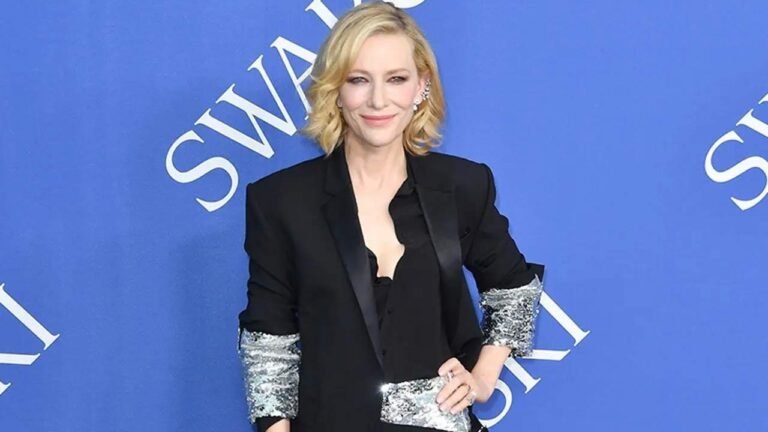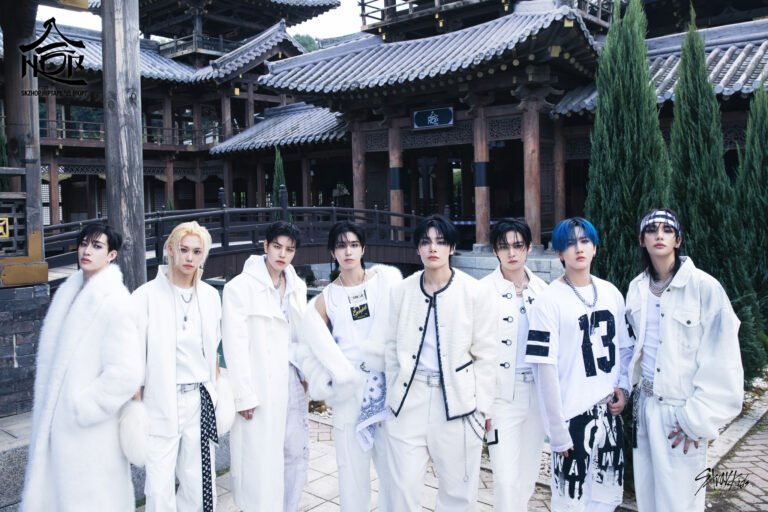
Caitlin Clark, the star guard for the Indiana Fever, is once again making headlines, but this time, it’s not for her performance on the court. Fresh off a remarkable rookie season in the WNBA, Clark has sparked a significant debate over her comments regarding race, privilege, and the acknowledgment of Black players in the league. After being named Athlete of the Year by Time magazine, Clark reflected on her privilege as a white player in a league largely dominated by Black athletes. Her remarks, intended to acknowledge the contributions of Black players to the sport, have ignited both support and criticism.
The controversy began when Clark, in her acceptance speech, credited the Black women who helped shape the WNBA and acknowledged the role of her race in her success. While many praised her for her honesty and humility, others took issue with her comments. Notably, conservative commentator Megyn Kelly criticized Clark, accusing her of pandering. Sheila Johnson, co-owner of the Washington Mystics, also raised questions about whether Clark’s accomplishments justified the recognition. However, Cari Champion, a prominent American broadcaster, strongly defended Clark, criticizing the backlash as yet another example of conservatives either “whining or bullying.” Champion emphasized that Clark’s acknowledgment of her privilege should be viewed as a sign of respect, not something to be criticized.
Clark’s rise to fame in the WNBA has been remarkable, especially considering the league’s demographics. Approximately 60% of WNBA players are African American, yet the white rookie has become one of the most marketable faces of the league, securing major endorsement deals and attracting a huge following. This success, while celebrated by many, has raised questions about the disparity in recognition and opportunities for other players. For example, Clark’s potential eight-figure deal with Nike, which came early in her career, stands in stark contrast to the delayed endorsement deals for established players like A’ja Wilson, a three-time MVP and star of the Las Vegas Aces. This disparity has fueled conversations about race and privilege in sports.
Despite the controversy, Clark has continued to acknowledge her position and influence in the league. She has maintained a balanced perspective, recognizing her own talents while advocating for greater recognition of the Black athletes who laid the foundation for the WNBA. Her efforts to highlight these issues have drawn criticism from some, but others, like Champion, see it as an important step in addressing inequality within the sport. Champion points out that Clark’s willingness to speak on her privilege is an important conversation that many are reluctant to have, and that it should not be dismissed as an attempt to pander.
The 2024 WNBA season underscored Clark’s growing influence, with the league seeing its highest attendance in over two decades. Her games consistently drew massive crowds, with several of her matches exceeding 20,000 spectators. Despite the off-court controversy, Clark’s impact on the game remains undeniable. As she continues to navigate the complexities of race, privilege, and her place in the WNBA, Clark’s story is one of both triumph and challenge, marking her as a key figure in the ongoing conversation about race and opportunity in sports.




